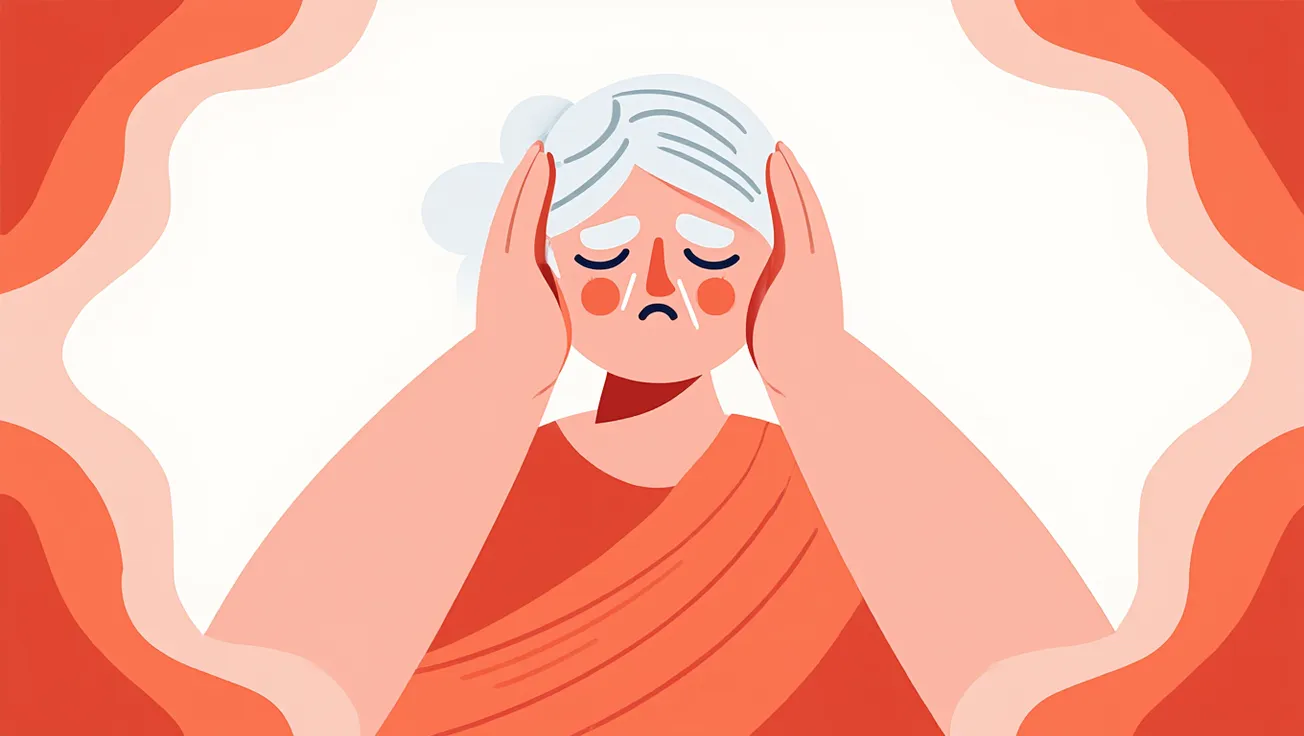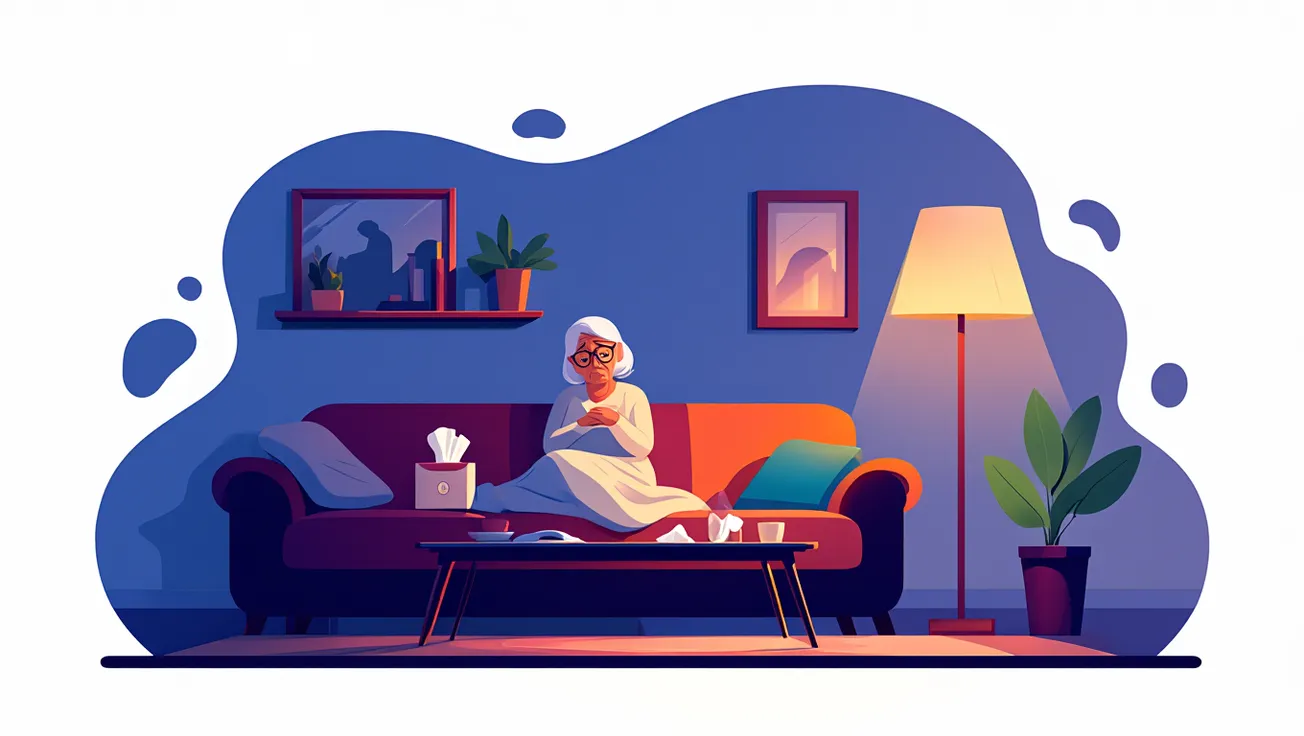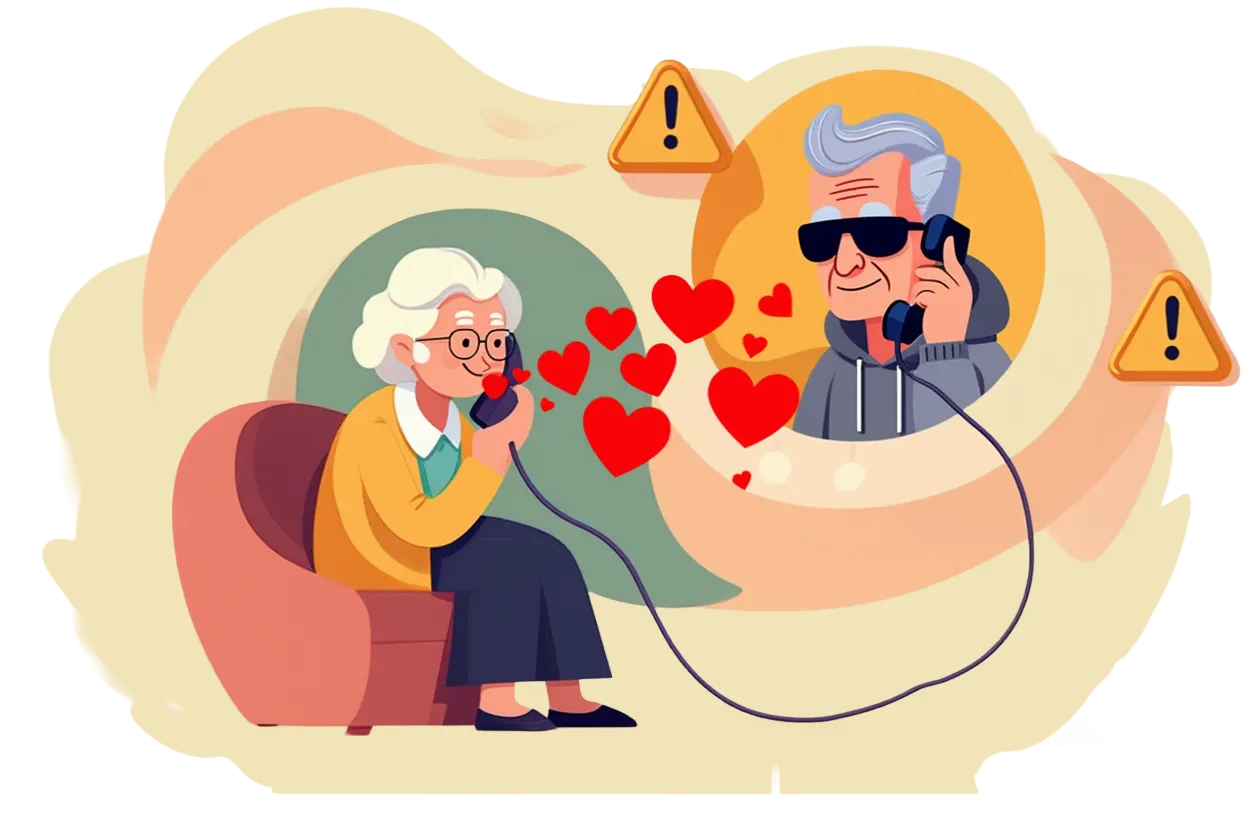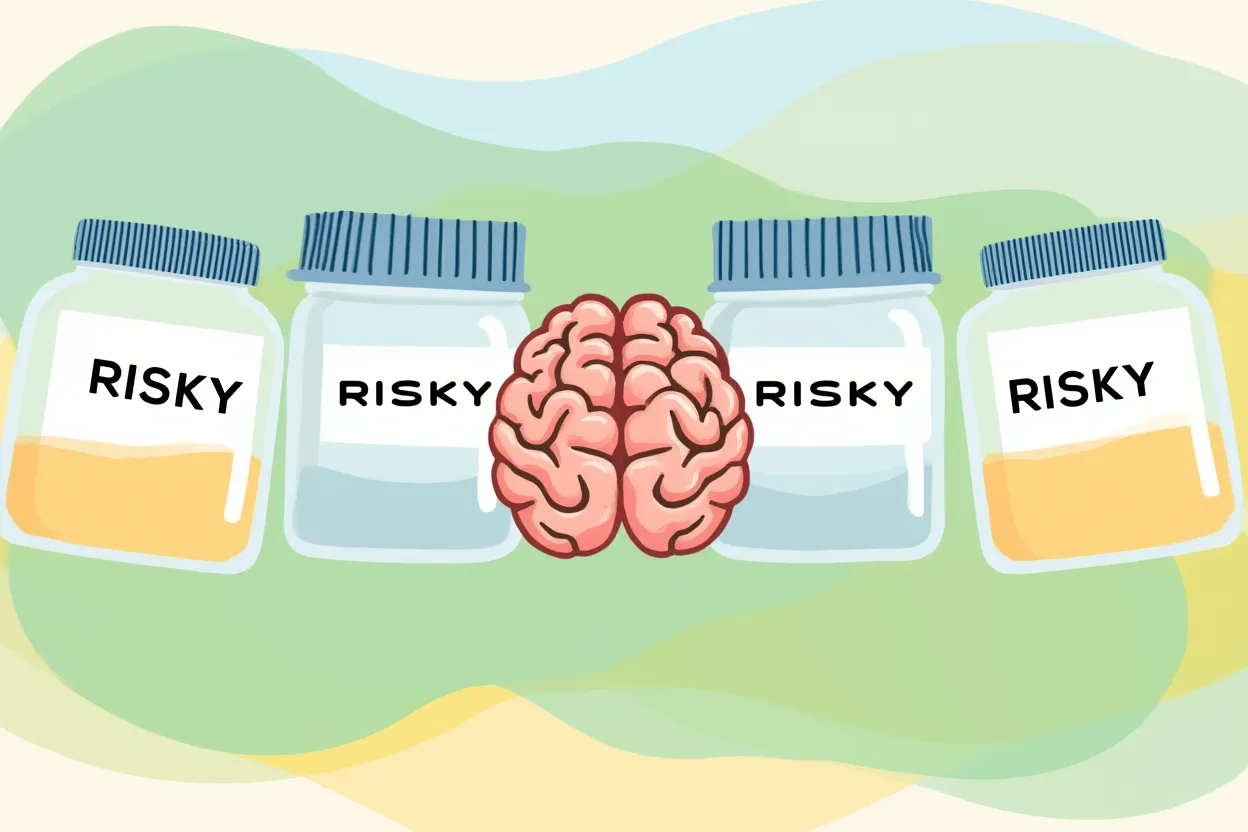The Takeaway
- Many older adults carry unresolved guilt about how they raised their children.
- Guilt doesn’t make you a bad parent—it means you still care.
- Talking about the past with adult children can be healing for both sides.
- You don’t need to spill every detail—but honesty and listening go a long way.
- Self-forgiveness is key to moving forward.
When the Past Still Weighs on You
You might be rocking a grandchild to sleep or watching your grown child juggle their own parenting struggles—and out of nowhere, the past taps you on the shoulder. Maybe it’s a memory of yelling when you should have listened, being absent when you should have been there, or just feeling like you didn’t do enough.
If this sounds familiar, you’re not alone. Many seniors carry quiet guilt over the way they parented—whether it was because of stress, survival, lack of emotional tools, or just not knowing better.
“I did the best I could,” we tell ourselves. But sometimes, even our best doesn’t feel like enough.
And that’s where the need to talk, to come clean, to heal, begins.
Understanding Parental Guilt
The Phoenix Spirit describes guilt as a kind of emotional quicksand—it can keep you stuck, ruminating on what can’t be changed. Often, it’s a mix of real and imagined regrets. Sometimes, the child doesn’t even remember the thing you can’t stop thinking about.
But guilt, left unchecked, doesn’t just haunt the parent—it can create distance in the relationship. The urge to avoid conflict or discomfort can keep us from connecting fully.
Talking about it won’t erase the past—but it can open a door to healing.










